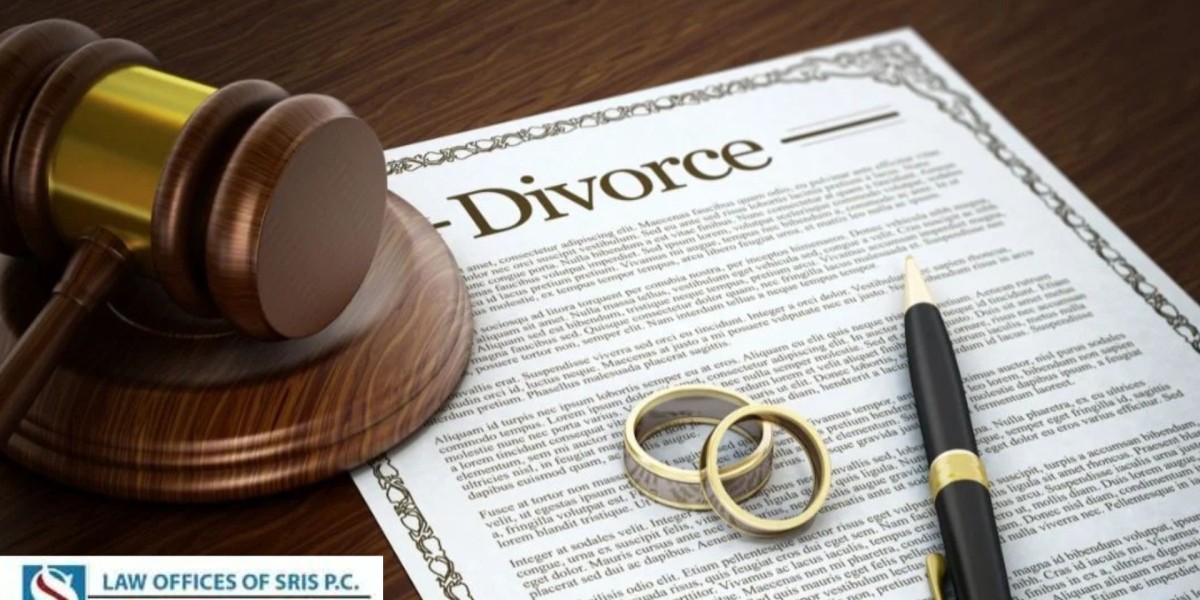Dividing property in a New York divorce isn’t just about splitting assets down the middle. New York follows equitable distribution, meaning courts divide marital property fairly—but not necessarily equally. Many people make costly mistakes that can delay the process, cost them money, or leave them with an unfair settlement. Avoid these common pitfalls!
- Assuming Everything Is Split 50/50
New York does NOT use community property laws, so don’t expect a simple 50/50 split.
Courts consider factors like each spouse’s income, contributions, and future financial needs.
The goal is fairness, not necessarily equal division.
- Marital property acquired during marriage can be divided, while separate property owned before marriage or received as inheritance usually stays with the original owner. Commingling separate and marital assets can turn separate property into marital property.
- Overlooking Hidden Assets
Spouses sometimes hide money in undisclosed bank accounts, investments, or even cryptocurrency.
If you suspect hidden assets, hire a forensic accountant to uncover them.
Courts penalize spouses caught concealing property.
- Ignoring Tax Consequences
Property division isn’t just about the dollar value—taxes matter.
Example: $100,000 in cash ≠ $100,000 in retirement funds (withdrawals from retirement accounts are taxed).
Selling assets like a house can trigger capital gains taxes, reducing their real value.
- Fighting Over the House Without Considering the Costs
Keeping the house sounds great, but can you afford the mortgage, taxes, and maintenance on one income?
Refinancing the house into one spouse’s name may be required.
Sometimes, selling and splitting the proceeds is the smartest option.
- Forgetting About Debt
Marital debt (credit cards, loans, mortgages) is also divided in a divorce.
Even if the court assigns a debt to your ex, creditors can still come after you if both names are on the account.
Closing joint accounts and refinancing debts is crucial.
- Not Valuing Retirement Accounts Correctly
401(k)s, IRAs, and pensions are New York State Divorce Laws Division of Property if earned during the marriage.
Splitting them requires a Qualified Domestic Relations Order (QDRO)—without it, you could lose money.
Early withdrawals can trigger penalties, so it’s best to transfer funds properly.
- Rushing Through the Process Without Full Disclosure
Divorce settlements are final—if you later find out your spouse hid assets, reopening the case is difficult.
Always demand full financial disclosure before signing any agreement.
Skipping this step could mean losing out on assets you deserve.
- Forgetting Business Valuations
If one spouse owns a business, it may be considered marital property.
Proper valuation by a forensic accountant or business appraiser ensures a fair split.
Don’t let an ex underreport business income to reduce their share.
- Ignoring the Power of a Prenup or Postnup
If you have a prenuptial or postnuptial agreement, it can override standard property division rules.
Many people forget to enforce their prenup in divorce court—make sure it’s valid and updated.
- After a divorce, it's crucial to update beneficiaries on life insurance policies, retirement accounts (401(k), IRA, pension), and bank and investment accounts. If your ex is still listed as a beneficiary, they may inherit your money.
- Accepting a Bad Settlement Just to "Get It Over With"
Divorce is stressful, but rushing into a bad settlement can leave you financially struggling for years.
Take the time to negotiate a fair deal—it’s worth it in the long run.
Once the agreement is signed, it’s difficult to change.
Final Thoughts
Dividing New York State Divorce Laws Marital Property is complex, but avoiding these mistakes can save you money, time, and stress. Make sure to:
Get full financial disclosure before making any agreements.
Consider tax implications before dividing assets.
Hire professionals if needed (divorce attorneys, forensic accountants, business appraisers).








